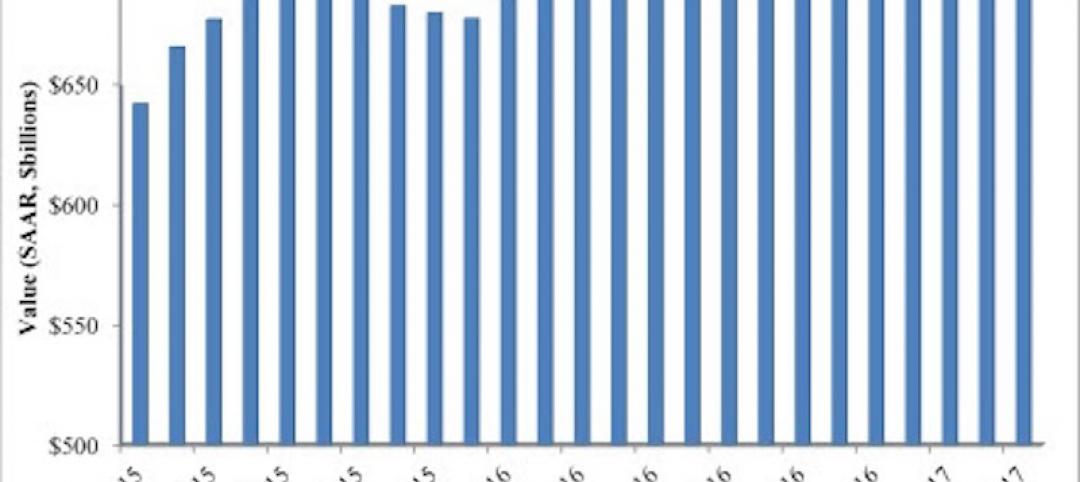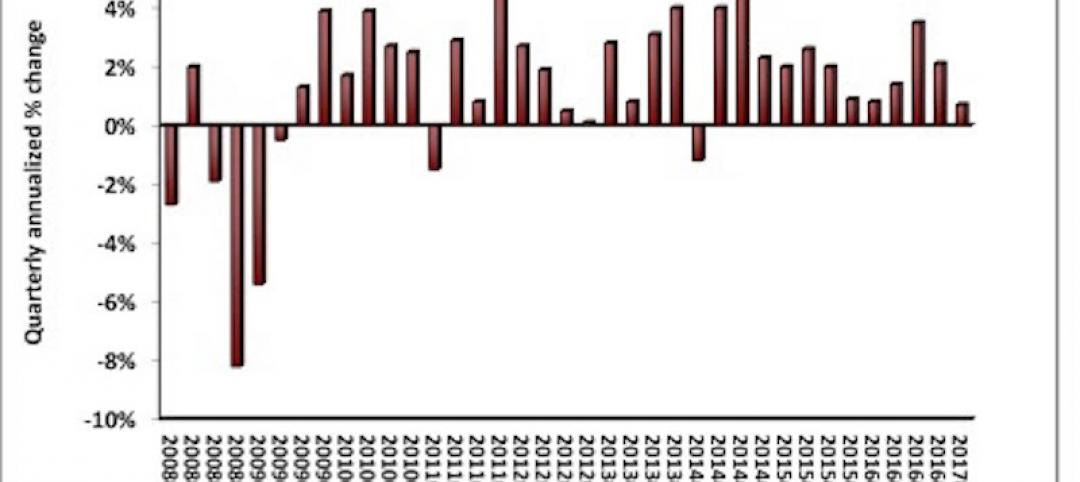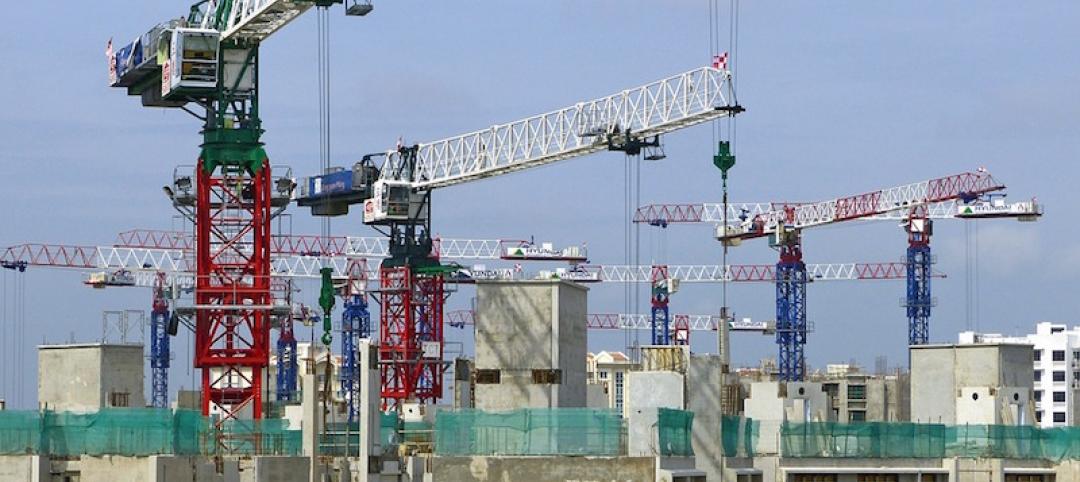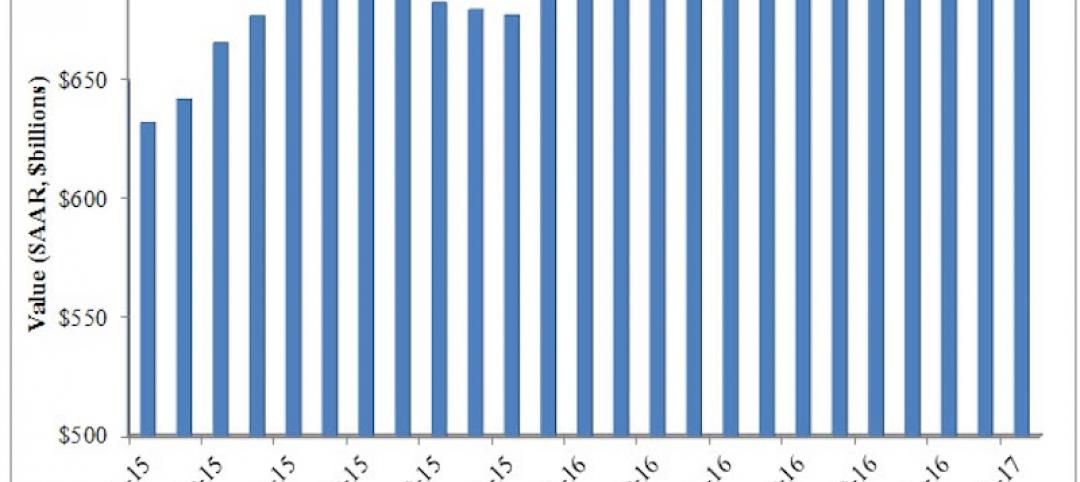The chief executive officer of the Associated General Contractors of America, Stephen E. Sandherr, issued the following statement in reaction to the passage in the House of Representatives today of the Paycheck Protection Program Flexibility Act of 2020:
“Members of the House appreciate that one of the best ways to protect the economy from further harm is to make needed improvements to the federal Paycheck Protection Program. While the loans have helped prevent countless construction layoffs during the past several weeks, their benefits have been limited by several problems that have become apparent since the original program was crafted. These problems include the fact the loans are only supposed to cover an eight-week period, set an unrealistic formula of payroll versus other legitimate expenses and are supposed to mature in two years.
“The House-passed measure corrects many of the problems with the original Paycheck Protection Program by extending the coverage period to 24 weeks, revising the eligibility formula to 60 percent payroll costs and 40 percent non-payroll, extending the maturity period for the loans from two years to five, and allowing loan recipients to defer payroll taxes through the end of 2020. Combined, these improvements will save construction jobs and provide greater relief for many construction firms struggling to survive the COVID-19 pandemic and related economic lockdowns.
“Moving forward, we urge the Senate to quickly pass this vital economic relief measure and the Trump administration to rapidly sign it into law. Any additional delay in improving the Paycheck Protection Program will result in needless new job losses and additional financial hardships for many small, family-owned construction firms.”
Related Stories
Senior Living Design | May 9, 2017
Designing for a future of limited mobility
There is an accessibility challenge facing the U.S. An estimated 1 in 5 people will be aged 65 or older by 2040.
Industry Research | May 4, 2017
How your AEC firm can go from the shortlist to winning new business
Here are four key lessons to help you close more business.
Engineers | May 3, 2017
At first buoyed by Trump election, U.S. engineers now less optimistic about markets, new survey shows
The first quarter 2017 (Q1/17) of ACEC’s Engineering Business Index (EBI) dipped slightly (0.5 points) to 66.0.
Market Data | May 2, 2017
Nonresidential Spending loses steam after strong start to year
Spending in the segment totaled $708.6 billion on a seasonally adjusted, annualized basis.
Market Data | May 1, 2017
Nonresidential Fixed Investment surges despite sluggish economic in first quarter
Real gross domestic product (GDP) expanded 0.7 percent on a seasonally adjusted annualized rate during the first three months of the year.
Industry Research | Apr 28, 2017
A/E Industry lacks planning, but still spending large on hiring
The average 200-person A/E Firm is spending $200,000 on hiring, and not budgeting at all.
Market Data | Apr 19, 2017
Architecture Billings Index continues to strengthen
Balanced growth results in billings gains in all regions.
Market Data | Apr 13, 2017
2016’s top 10 states for commercial development
Three new states creep into the top 10 while first and second place remain unchanged.
Market Data | Apr 6, 2017
Architecture marketing: 5 tools to measure success
We’ve identified five architecture marketing tools that will help your firm evaluate if it’s on the track to more leads, higher growth, and broader brand visibility.
Market Data | Apr 3, 2017
Public nonresidential construction spending rebounds; overall spending unchanged in February
The segment totaled $701.9 billion on a seasonally adjusted annualized rate for the month, marking the seventh consecutive month in which nonresidential spending sat above the $700 billion threshold.

















